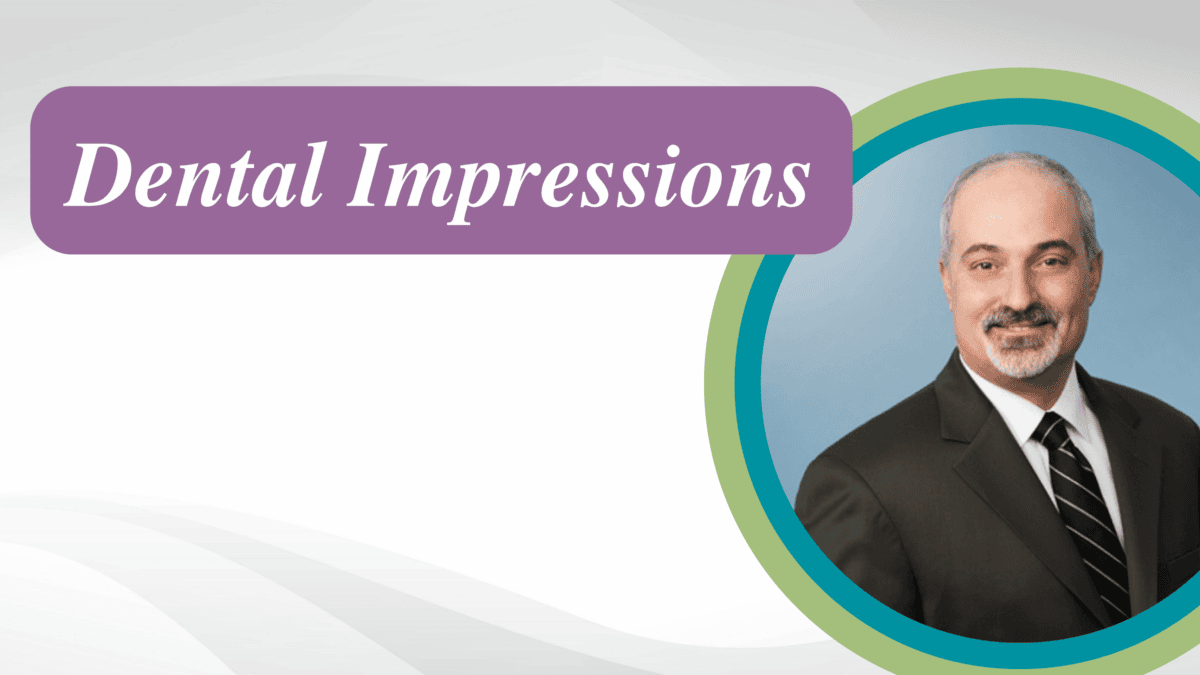News
Dentist-recommended strategies to prevent stress-related teeth grinding
CAMP HILL, Pa. (April 23, 2024) – Stress can wear on the health of the mouth. One common dental problem it triggers is teeth clenching and grinding, also known as bruxism. During Stress Awareness Month, United Concordia Dental offers tips to help ease tension and protect oral health.
“Teeth grinding can happen when people are awake or asleep, but most don’t even know they do it,” said Roosevelt Allen, DDS, MAGD, ABGD, chief dental officer, United Concordia Dental. “In many cases, a dentist or dental hygienist may be the first to notice signs of teeth grinding, such as chips, cracks and other excessive wear on the teeth, which can require treatment to reduce its impact.”
According to The Bruxism Association, stress and anxiety cause nearly 70% of teeth-grinding cases.
“Because stress is a major contributing factor to teeth grinding, finding ways to manage it can make a significant difference in both oral and mental health,” said Dr. Allen.
To cope with any stress-related teeth grinding, Dr. Allen recommends following these helpful strategies:
- Find ways to relax. Yoga and meditation are effective techniques for preventing, reducing and relieving stress because they calm the mind and body. Making these activities part of a daily routine can help relax tense face, neck and jaw muscles, and minimize teeth grinding.
- Massage the jaw. Stress is one of the primary causes of jaw clenching. Relaxing the face and massaging the jaw muscles in a circular motion can help manage teeth grinding by alleviating pain and releasing tension that builds up throughout the day.
- Get active. Exercise boosts the production of endorphins, which are hormones that help reduce stress, relieve pain and improve overall well-being. Regular physical activity may aid in calming nerves and anxiety, reducing the chances of jaw clenching.
- Visit the dentist. Stress isn’t the only cause of teeth grinding – other issues like missing teeth, a misaligned bite and sleep disorders can provoke it. A dentist can help diagnose the exact problem and recommend an appropriate treatment plan.
For more on oral health, visit the Oral Health Resources section at UnitedConcordia.com.
Contact:
Kristy Cramlet
United Concordia Dental
717-260-7762
kristy.cramlet@ucci.com
Leilyn Perri
Highmark Health
717-302-4243
leilyn.perri@highmarkhealth.org




